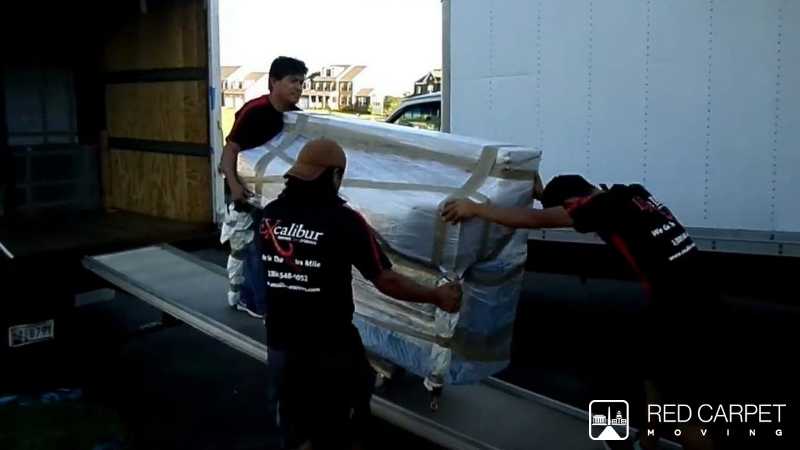Choosing the ideal moving company can be daunting, especially with the overwhelming number of options available today. Making the right choice requires careful consideration of several factors to ensure a smooth and secure relocation experience. Here is a comprehensive guide on how to select the right residential moving company.
Important considerations when choosing a mover
When selecting a moving company, it’s crucial to start by understanding your unique moving needs. Consider the scale of your move, including the number of rooms, the distance between your current and new locations, and the specific types of items that need to be transported, such as furniture, electronics, or fragile belongings. This assessment will help you find a mover that fits your exact requirements.
Opting for a company with a physical presence in your area can be an indicator of their accountability and commitment to providing reliable services. A local company is more likely to have established roots in your community, making them more trustworthy and accessible for customer support.
Verifying that the company holds the necessary licenses and certifications, including adequate insurance coverage, is also essential. This step is crucial in guaranteeing the secure transportation of your belongings and mitigating any risks associated with the move.
Thoroughly reviewing online feedback from previous clients on platforms like Yelp or Google can provide valuable insights into the company’s reliability, service quality, and overall customer satisfaction. Positive reviews and a good reputation are strong indicators of a company’s trustworthiness.
Obtaining multiple quotes from reputable moving companies allows you to compare pricing structures, service levels, and overall value propositions. This comparison will help you choose the company that best aligns with your budget and service expectations.
Lastly, evaluating the quality of customer support is essential. Consider the company’s responsiveness, communication skills, and willingness to address any concerns or issues that may arise during the relocation process. If you have specialized needs, such as moving fragile items or requiring packing services, inquire whether the company offers these services as part of their package or can recommend a professional packer.
Post-move responsibilities and settling in
Once the truck arrives and your items are unloaded, the next phase of settling into your new home begins. Effective unpacking can be the key to a smooth transition rather than a chaotic one. To make this process easier, it’s important to have a strategy in place.
Start by organizing your unpacking process. Prioritize unpacking essentials such as bedding, toiletries, and kitchen supplies—items you’ll need immediately. Once those are set, you can gradually move on to less critical items. Keeping tools like box cutters, trash bags, and furniture sliders handy will also speed up the process and help protect your floors as you arrange furniture. To minimize stress, consider breaking down the unpacking process into manageable tasks over several days or weeks.
After unpacking, it is important to handle a few key tasks. Begin by documenting and reporting any damages or losses that occurred during the move. Note any damaged items or missing boxes, and contact your moving company and insurance provider to discuss claims. Conduct a final walkthrough of every room and closet to ensure everything has been unloaded from the moving truck. Lastly, remember to update your driver’s license, car registration, voter registration, and other essential documents with your new address.
Choosing the right moving company and efficiently managing post-move tasks is key to a smooth transition. Ensure your mover is reputable, licensed, and reliable to safeguard your belongings. Once moved, prioritize unpacking and quickly address tasks like documenting damages and updating records. These steps help ensure a hassle-free and successful relocation.


